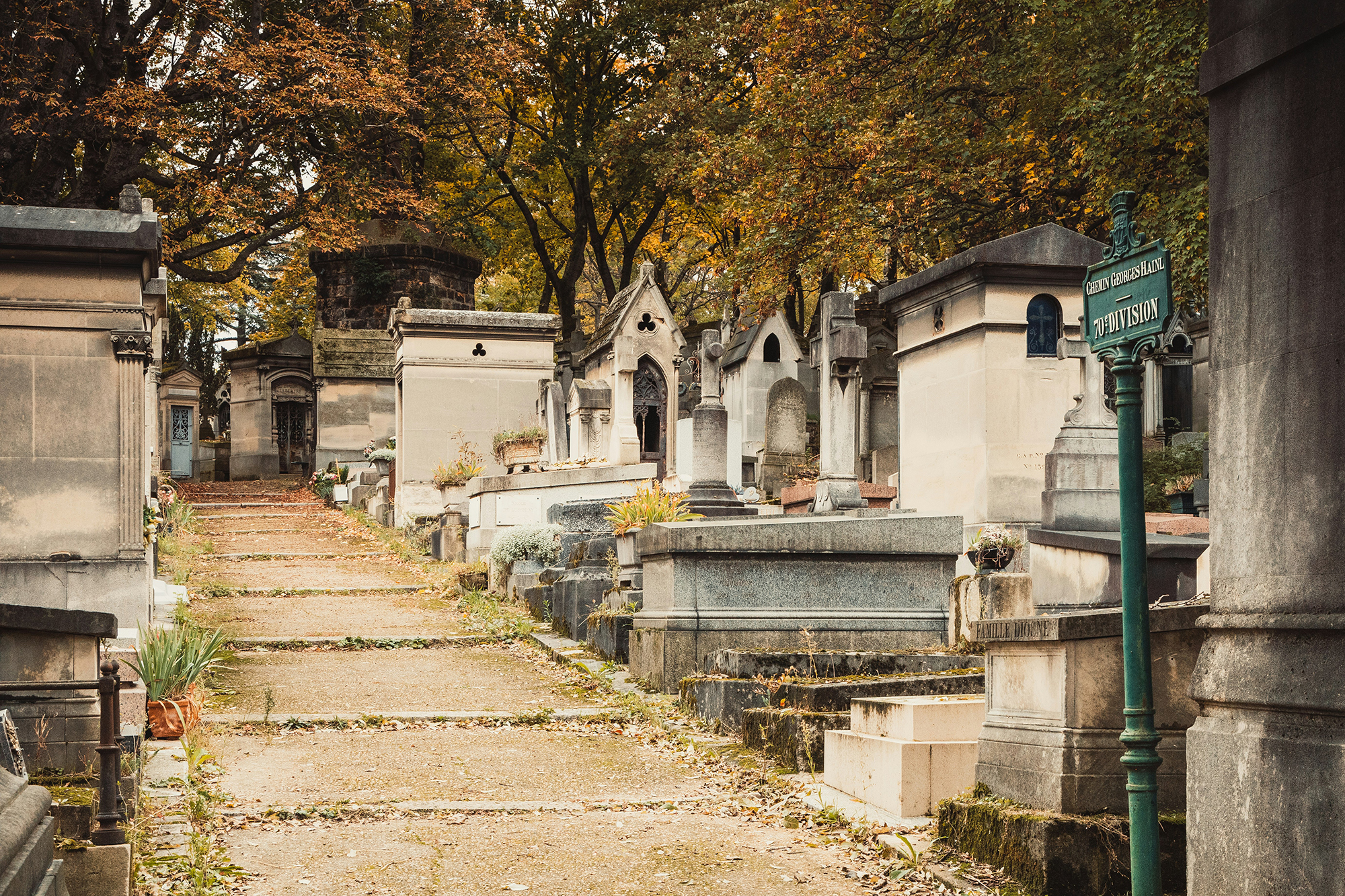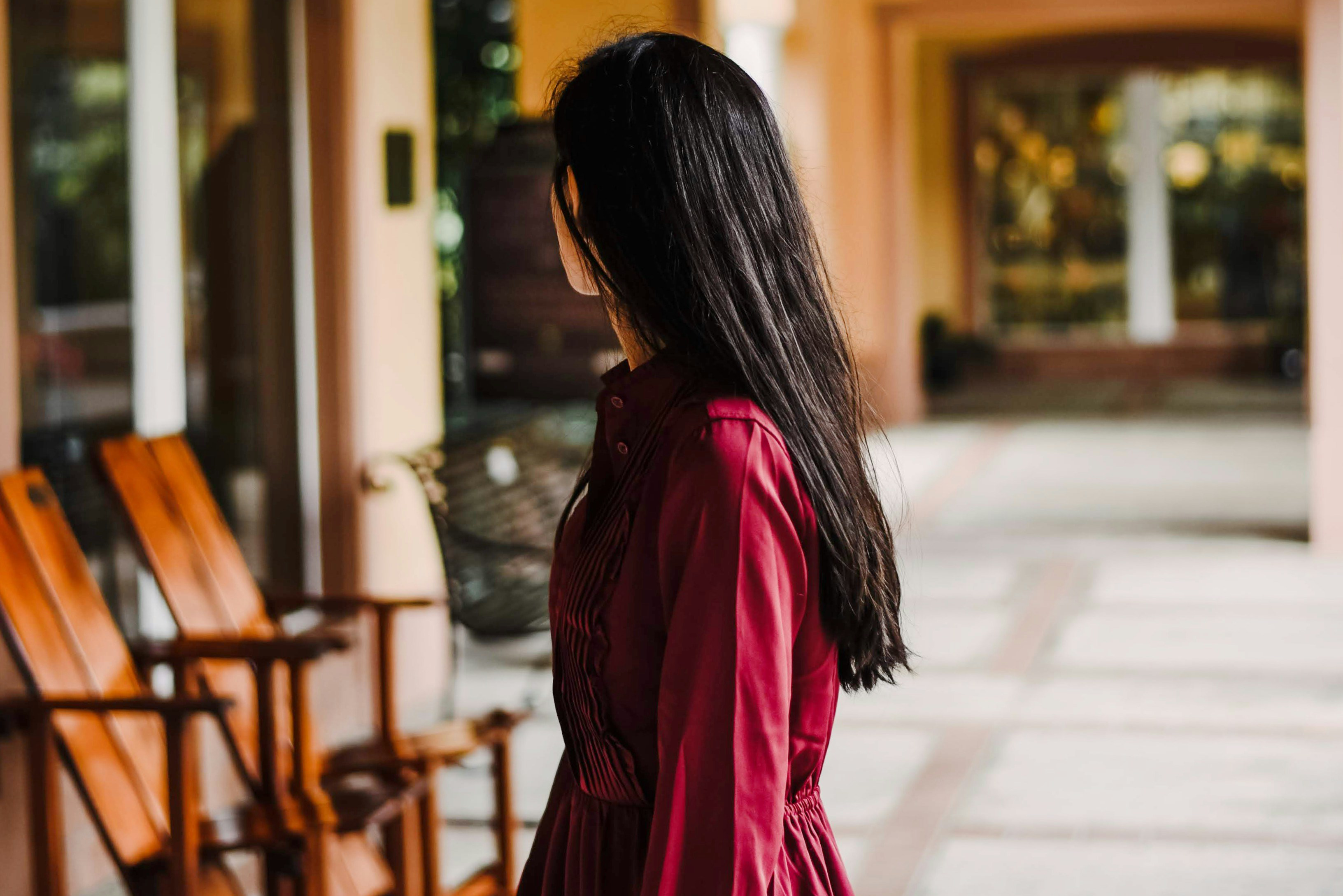“I have cancer,” my grandmother says calmly on this sunny September day. She tries to maintain her composure, as always playing the strong matriarch, but I know her better. In her eyes, I see fear. We talk for a long time. I am shocked, unsure how to deal with this situation. My grandmother and I have always had a special connection. I think she was probably the most important person in my life.
“You have to fight! You can’t give up,” I say. What else do you say to a loved one who has been given a death sentence? Someone you care about deeply. I simply cannot comprehend what is happening to her.
“You know,” she says, “at 82, I am too old to fight. The last 20 years of my life have been wonderful. Before that, it was often terrible, sometimes good.” She uses another one of her colorful expressions. My grandmother was a lady, but she prided herself on being “cool,” willing to come down to her grandson’s level and surprise him with a bold statement. She did that often. Like that time during a Sunday lunch when she suddenly started talking candidly about sex. She must have been 70, and I was in my mid-20s. I was shocked. She saw it in my face and said defiantly, “As long as a woman can climb stairs, she can still have sex (or talk about it)!”
We often had long conversations. She always had advice for me when I didn’t know what to do. Now, we sit silently at the table. My eyes are moist, and I am fighting back tears. She tells me she no longer has the will to live.
“By next year, my savings will run out anyway. My pension isn’t enough to live decently,” she says. “I don’t want to be a burden.”
Dying because one fears being a burden to the next generation. What kind of time are we living in? “Nonsense,” I say. I talk about the generational contract and once again urge her to fight. To not give up. To live!
It is hard for me to confront death. It’s not the sudden kind, like a heart attack or accident, but a long, drawn-out process that will unfold over the coming months. I must admit, I feel overwhelmed.
In the following months, I travel to Germany more often, trying to spend as much time with my grandmother as possible. It’s not about getting more time with her before she dies; I want to help her, to motivate her to fight and endure. I refuse to acknowledge that she is slowly dying. I successfully suppress this thought with my battle cries against cancer.
My grandmother knows better. She is not afraid of dying, but she fears the long and painful journey to get there. She asks me, in the worst-case scenario, to take her to Switzerland for assisted suicide. The request leaves me breathless. Tears roll down my cheeks, but I agree. I make a promise that will weigh heavily on me for the weeks and months to come. At the same time, I feel honored that she chose me. That she trusts me to be strong enough to accompany her on this journey.
Over the next weeks, I think a lot. About life, death, my grandmother, my childhood, and what it might be like to help her die. I quickly push that last thought aside. Fight. I must fight. She must fight. After all, some people beat cancer. Why not my grandmother?
For a short time, my grandmother seems to go along with it. The whole family talks to her, trying to convince her to fight. Her son consults cancer specialists and sends her from one clinic to another. We all agree—she has to fight for her life. We’re not ready to let her go! She goes to a specialized clinic for a mild round of chemotherapy. It’s tough, but in the end, the cancer seems to be defeated. When she comes home, she’s weak but in good spirits. The doctors marvel at how quickly she’s recovered after the chemotherapy. We have hope.
Then, a few weeks later, the pain returns, and she has to go to the hospital. We speak briefly on the phone—I’m now in Moscow. She hates the hospital and is utterly fed up. And she’s in excruciating pain.
“You have to fight,” I say harshly, trying to motivate her. “Don’t give up! Who knows what it is? Just get checked out.”
But the pain grows worse and worse. The diagnosis is grim. The cancer has metastasized again. She is going to die.
“How much time does she have?” we ask.
“This could stretch out for a few months,” says the head doctor.
I have to confront the subject of assisted suicide and start Googling everything I can about cancer and dying. I read until my eyes are too tired to stay open. Tears drip onto my computer keyboard. My girlfriend doesn’t recognize me anymore. I’m morose, sad, constantly on the verge of tears. Damn, I’m furious—not at the doctors, not at the cancer or at life, but at myself. I should have started reading sooner. Educated myself instead of denying it all. Then I could have helped her better—not let her fight the cancer alone but supported her, eased her suffering, and taken more time to say goodbye.
Moscow. A Saturday in March. The phone rings. I’m looking for a new apartment and think it’s the realtor, but it’s my grandmother.
“I’m going to die. When are you coming?” she asks.
I try to console her, to reassure her, but eventually, I run out of words.
Thank God she can’t see me—I’m bawling like a baby. But I’m sure she senses it. I explain that I’m in the middle of moving and can only come next week.
“Then it’ll be too late!” she says defiantly, as if she’s leaving for a long trip and wants to see me one last time before she goes.
“Then we probably won’t see each other again.”
Now I’m a little angry with her. Why does she have to put so much pressure on me? Okay, she’s sick, but she still has so much time, and I have so much to do. Still, she gives me her last words of wisdom, and we say goodbye.
Right after the call, I phone my mother. She says she just spoke with the doctor again and that my grandmother is exaggerating. “She’s not doing that badly,” my mother assures me. “The doctors say she’ll still live for months. Take your time and deal with the move first.”
Okay, I feel relieved and wipe away my tears.
Sunday at noon, my phone rings. It’s my mother.
“I think you should come now. I think it’s the end.”
“What? How? Why? Yesterday you said—”
“I can’t explain,” she interrupts. “Her condition deteriorated rapidly last night, and today, it doesn’t look good at all.”
I hang up and look for a flight. Ideally, I’d leave today. Maybe tomorrow morning. Swiss Airlines has a flight in two hours, and the system lets me book it. I pack my things, and twenty minutes later, I’m in a taxi to the airport. It’s storming and snowing. I tell the taxi driver why I’m traveling, and the man turns into a superhero. He races down the snow-covered highway, cutting off other cars. Despite the snowstorm and traffic jams, I arrive at the airport 45 minutes before departure. I’m the last one to check in. Even at passport control and security, everything goes smoothly—miraculously, there’s no line. I sprint to the gate and collapse into my seat, exhausted.
During the flight, all sorts of thoughts run through my head. Tears keep streaming down my face. Damn, what must my fellow passengers think? What a wimp I must seem. Then I think of my grandmother’s favorite saying: What others think of me doesn’t matter to me. That’s how I was raised. It’s one of the many pieces of wisdom she passed on to me.
What will it be like when I arrive in Bamberg? How will it be, facing death? I know I can’t take her to Switzerland in her condition—not anymore. Or maybe I can? I just hope I make it in time. I hope I’m not too late.
A storm front looms over Europe. It’s snowing in Zurich, and I’m afraid I’ll miss my connecting flight to Nuremberg. But everything goes smoothly. When I’m finally seated in the small plane, I realize I’ll make it. She’ll still be alive when I get there, and she’ll see me one last time. This trip was a Mission Impossible from the start, yet everything has gone more smoothly than it ever does. It has to mean something. I will make it.
It’s half past ten at night when I finally arrive in Nuremberg. My mother looks terrible. She’s trying to stay strong, but it’s clear how much this is taking out of her. We drive straight to the hospital. When I get there, I’m shocked. My grandmother always looked so good. Even recently, despite the cancer, she was still vibrant and looked ten to fifteen years younger than her age. The woman in the bed doesn’t seem like my grandmother. She looks old, frail, with barely any life left in her.
She’s too weak to speak, but her eyes are open. I sit beside her, kiss her cheek, and talk to her. She blinks her eyes to let me know she can still see, hear, and feel me. I’ve made it. We can say our goodbyes. I’m sad, overwhelmed, but also grateful to be here. Often, I don’t know what to say. Looking back, there’s so much I wish I had said to her, but in that moment, my emotions are completely scrambled. All that matters is being here, being with her.
Ten hours later, my grandmother passes away. It was March 6, 2006. The doctors were surprised by how quickly she went, but I think she simply didn’t want to live any longer. She didn’t want to burden us, her family, any further. She was a strong woman, right to the end. She even took control of her death, sparing her grandson and an assisted dying organization from that responsibility.
To be clear, she didn’t commit suicide. She simply chose to let go of life. It’s incredible what human willpower can achieve. Even today, I’m amazed by the strength of her resolve—the will to die and the astonishingly swift passing that followed.
I’m grateful I had the chance to say goodbye. I wish I’d spent more time with her and, above all, accepted that she was going to die. It would have made it easier for her if I’d accepted it earlier and supported her morally instead of offering empty platitudes about fighting.
I’m not trying to preach, but I’m writing about this because I think we all should confront death a little more. In our society, death is often pushed aside. Elderly people are placed in hospitals or nursing homes to die out of sight, sometimes even without their closest family members. Yet death is inevitable—a part (and the end) of life. Sometimes, it comes closer than we expect, leaving us with little time to process it.
Even when time is available, accepting death remains incredibly hard—for the dying, for their families, and for their friends.
In memory of Charlotte Thoma, passed away on March 6, 2006.
Photo by Wojciech Rzepka on Unsplash



